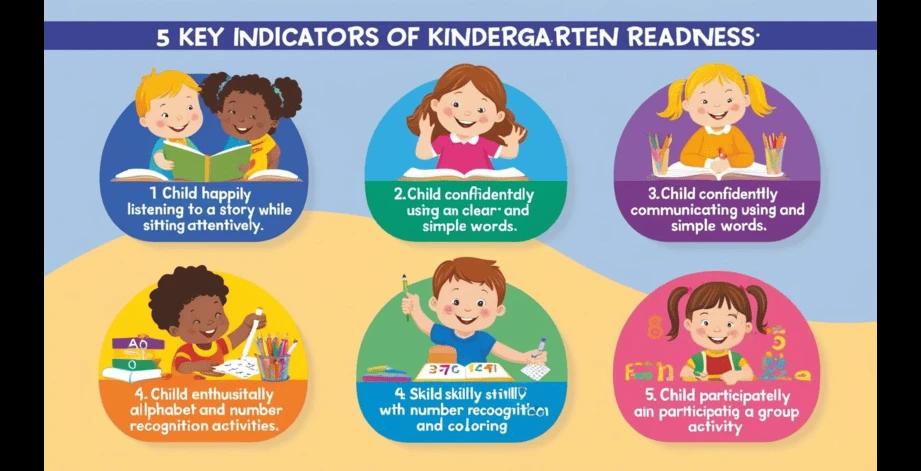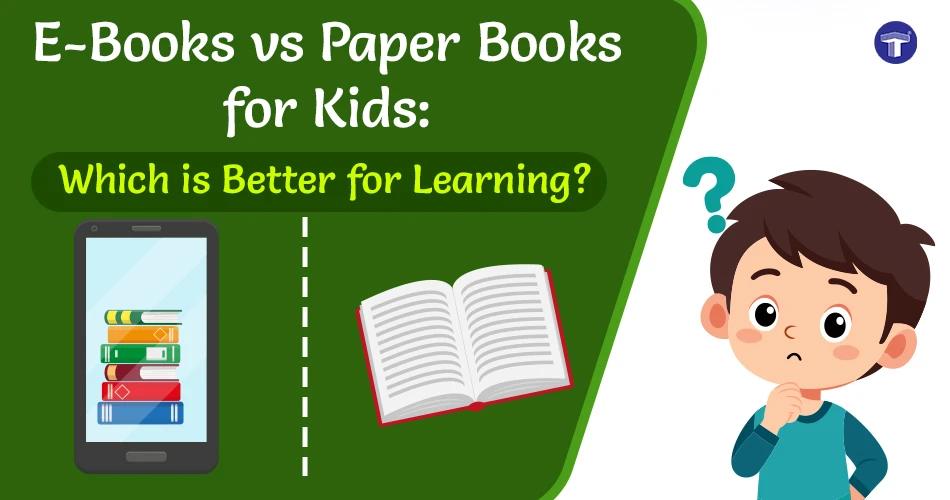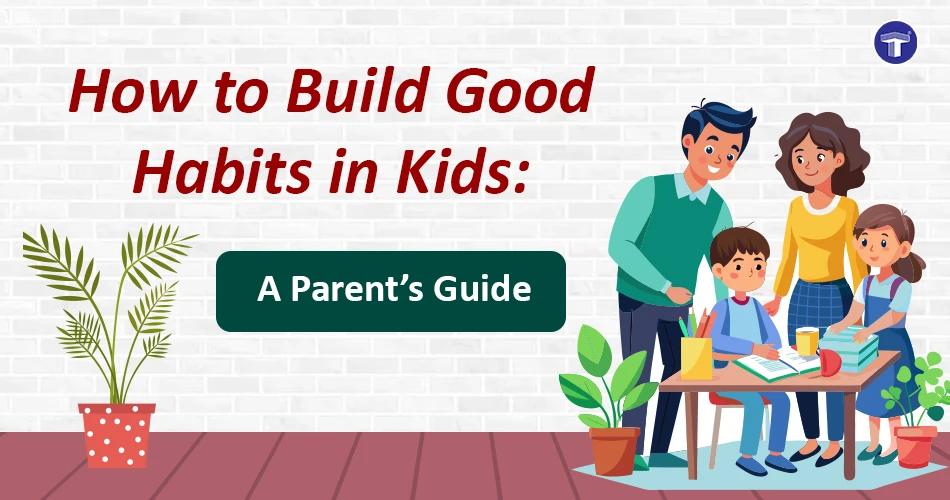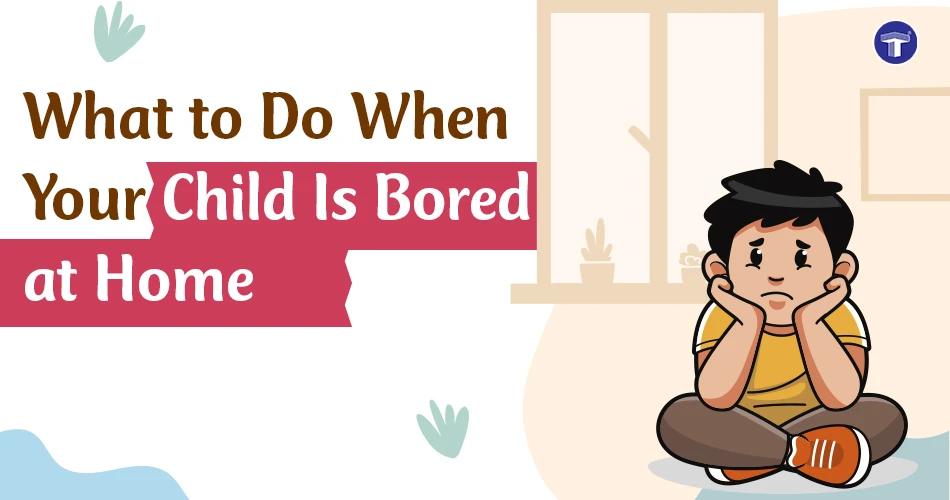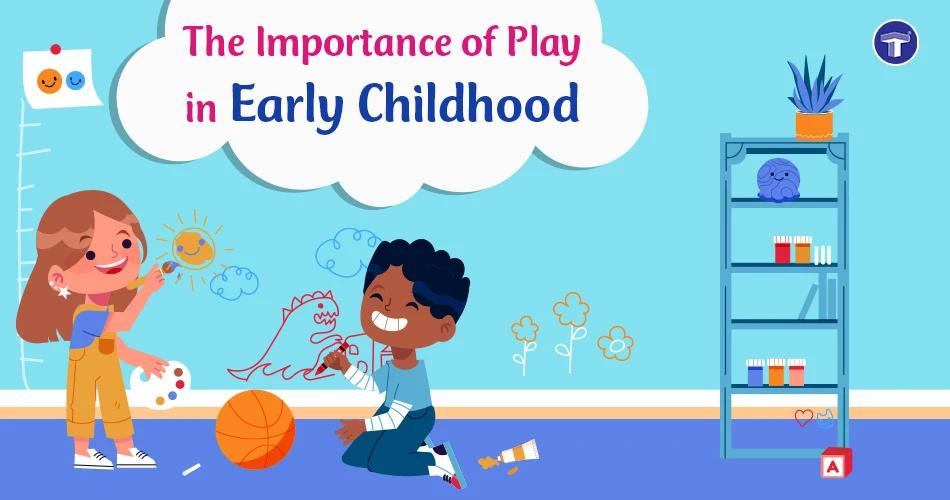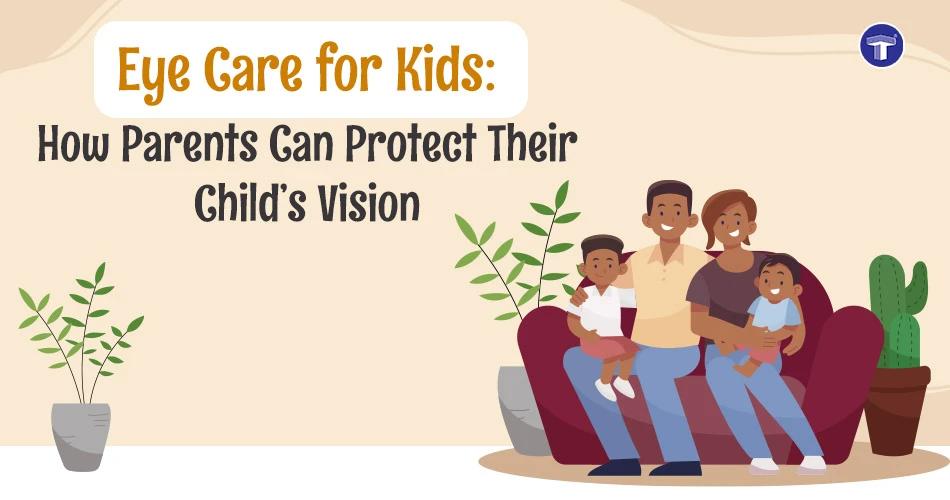Learning begins quite before you enroll your kid on school. Children between the age group of 3 to 5 are like a sponge that absorbs everything too quickly. Hence this makes the perfect time to explore their potential and prepare them for school. Kids are sent to kindergarten for making them more social and interactive with other fellow kids. Additionally, coming out of the comfort zone of their house where they solely interacted with their parents, kindergarten presents an arena for kids to expand their horizons and learn newer things in life.
Kindergarten enables kids to understand the basics which include an introduction to the alphabet, nursery rhymes, and numbers. The education approach leans towards playing, singing, and indulging in fun entertaining activities like drawing, colouring and interacting with other kids.
Traditionally, in India, the ideal age to start a preschool or kindergarten ranges between 2.5 to 5 years. After the completion of kindergarten, nursery, Jr. and Sr. Kg, kids move to higher classes of 1st standard where begins the actual implication of what is learned in kindergarten. Thus, the time spent in kindergarten plays an integral role in developing the overall personality of the kid and moulding them for further classes.
So, this blog we have specially dedicated to kindergarten kids and how can parents decide the kids are now ready to venture out of their comfort zone and start with Kg. Know all about how kindergarten students benefit their preparation for preschool through our blog on the same topic.
Understanding Instructions
Kids love to move around and have fun. However, they often are not able to understand common instructions like sitting, standing and silence. This is something which is taught to children and imbibed in them. Children are disciplined to understand instructions like when an elder asks them to come and sit beside them listen to stories or for a group activity they should be able to sit and listen to them.
Able enough to communicate
Kids must be able to understand common words and have their vocabulary developed in order to communicate how they feel or how they want to respond to the teachers and caretakers. This is possible by building interaction with kids at a very young age. One other option is acquainting students in basic alphabet learning and readying out to the stories.
Motor Skills
Kindergarten includes exploring hidden strengths and refining one's motor skills. Thus, the child needs to be well accustomed to walking, running, jumping, holding pencils as well as colouring. The child must be comfortable enough to handle these minute activities and if they are able to prove them to be ready for joining preschool.
Basic learning of Numbers and Alphabet
Alphabets and numbers are the basis for a child's learning. And hence, imbibing and acquainting them with alphabets and numbers well in advance aids them to become familiar with the phonics and its sounds.
Building curiosity
A child needs to be curious to learn new things and interested to discover newer things. This curiosity is generated by triggering their imagination. One can make it possible by reciting to them nursery rhymes and stories. Reciting them every day will fixate them in their mind and brains thereby not making it difficult for them to comprehend later on.
Also Read: How to enhance the reading abilities of children at the pre-primary level?
Target publication books for pre-primary are curated in a manner which can make learning easy and comprehensive for the students. After researching deeply on kids' understanding and requirements, we have ideated the books so as to meet the level of kids. Our pre-primary books offering includes:
- Activity Books
- Colouring Book
- Story Book
- Stroke Book
- Alphabet Book
- Introduction to Alphabets and Numbers
- Nursery Rhymes in English
All the books are crafted and designed keeping in mind the requirement of the kids.



